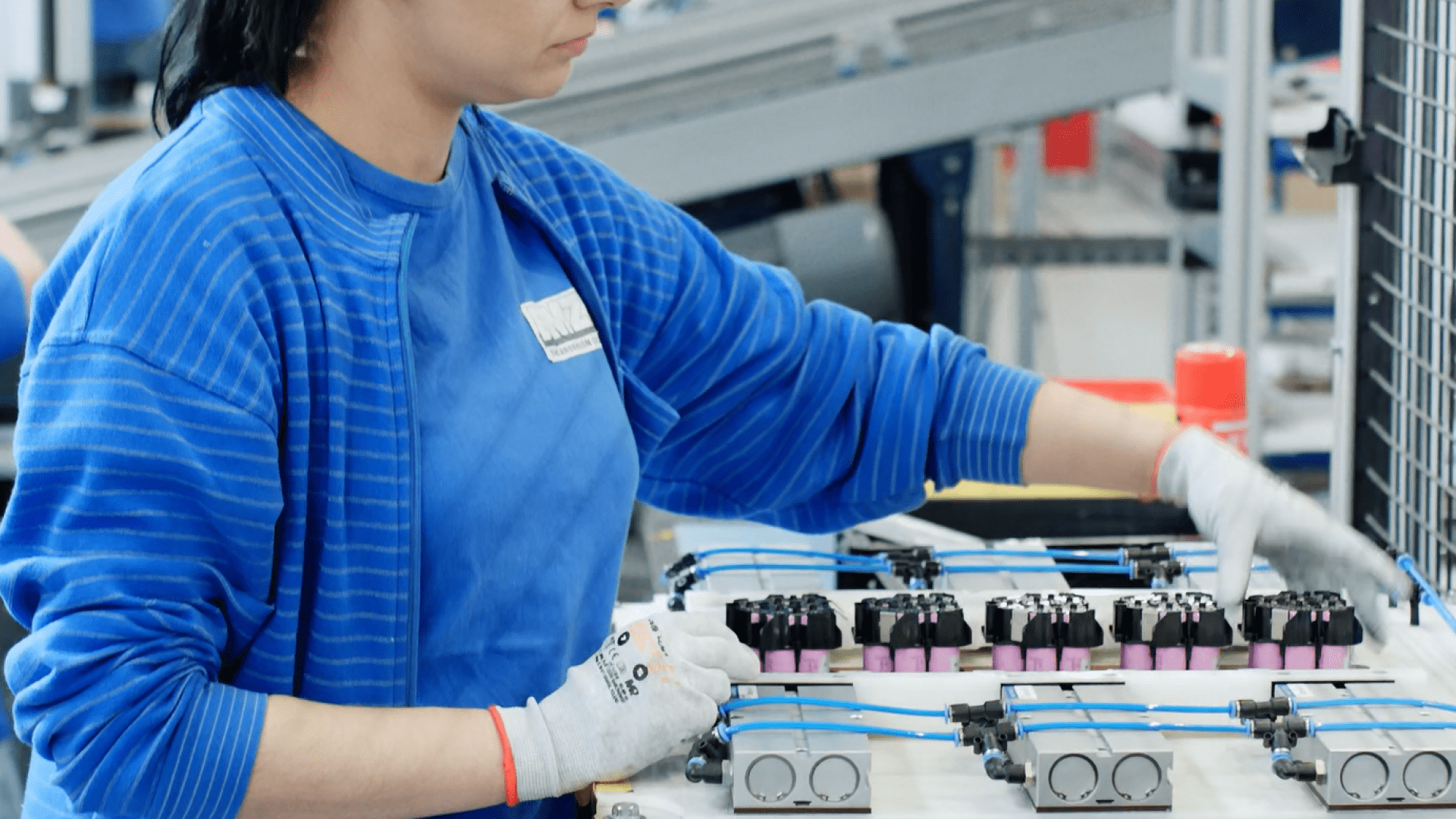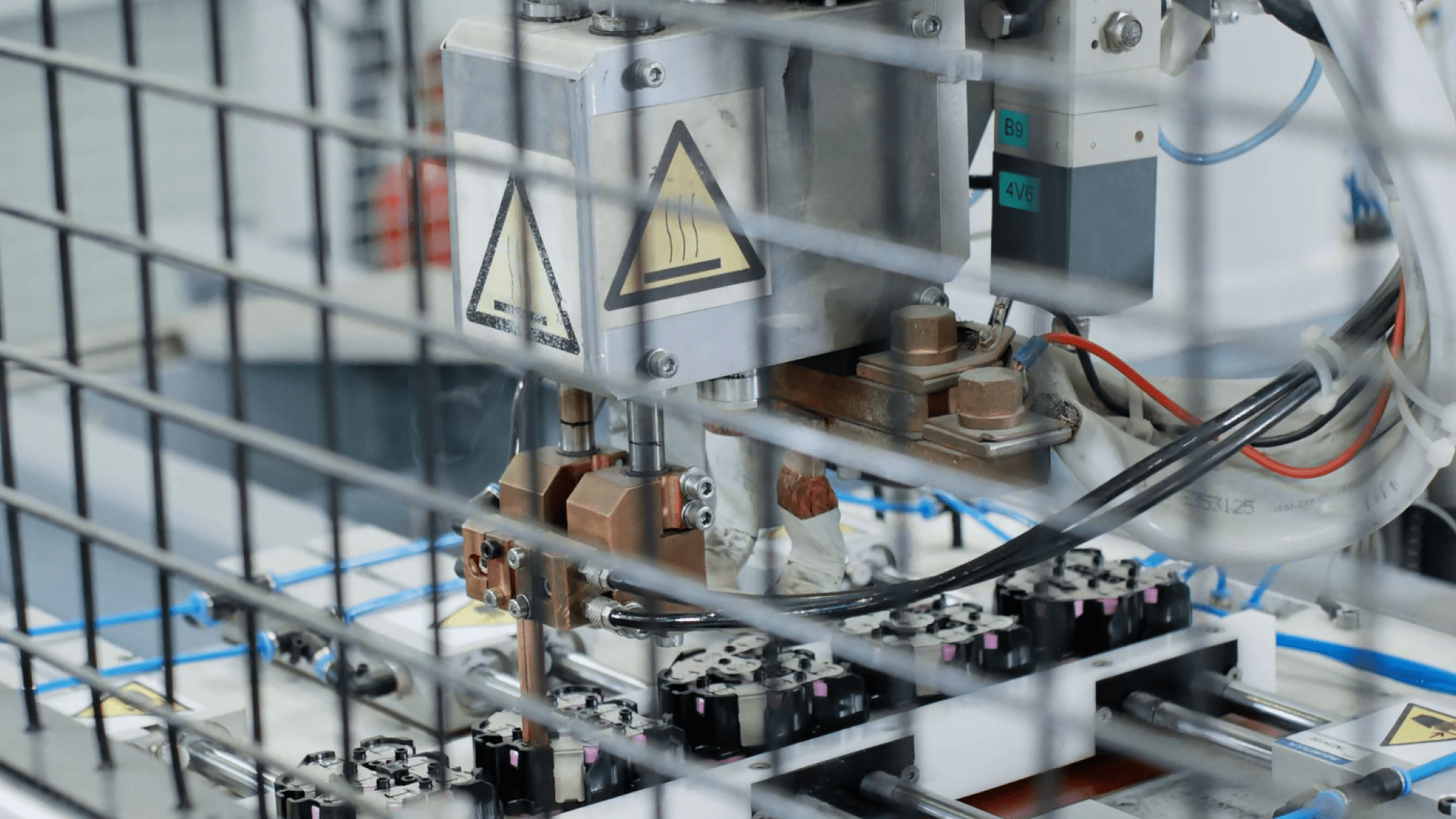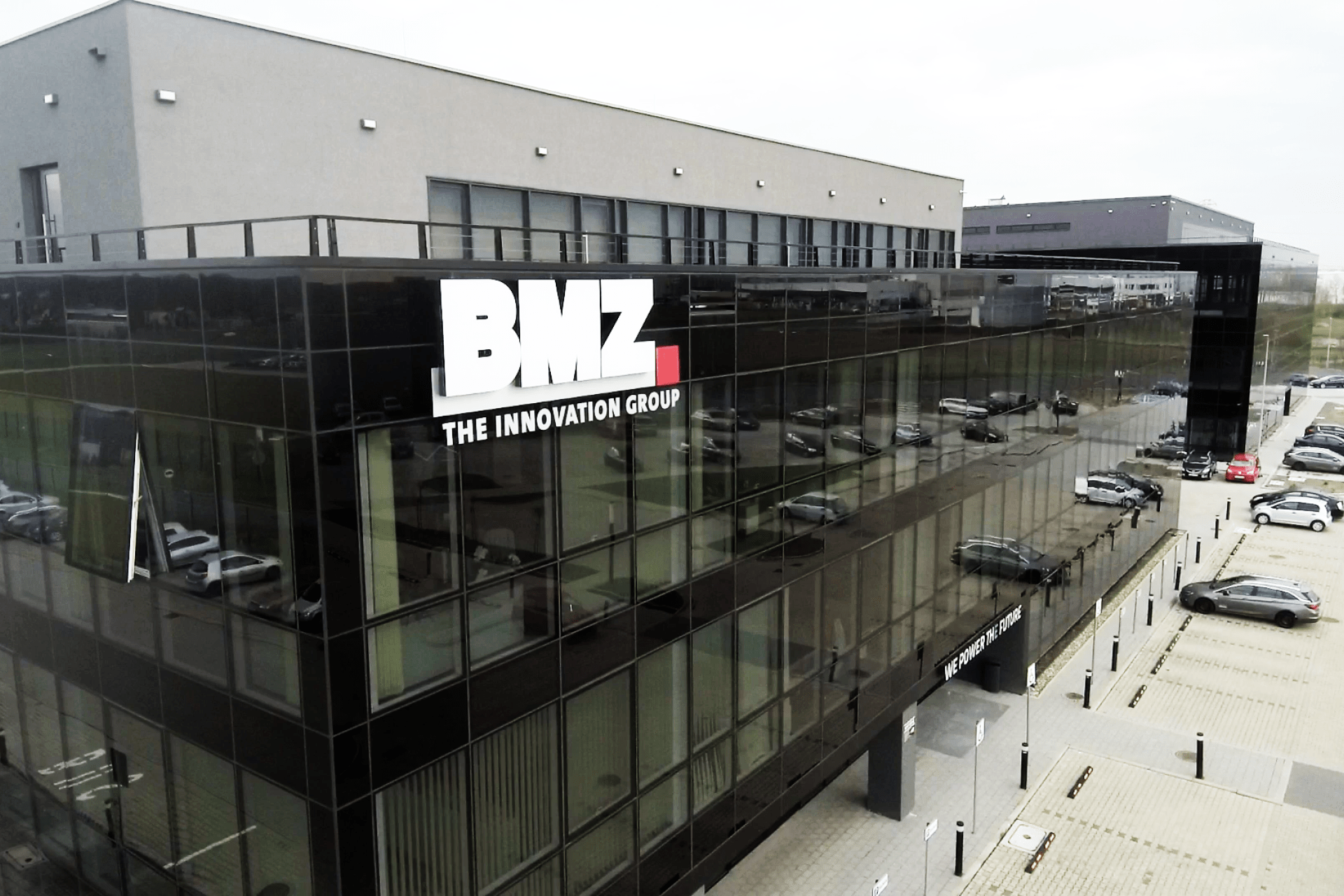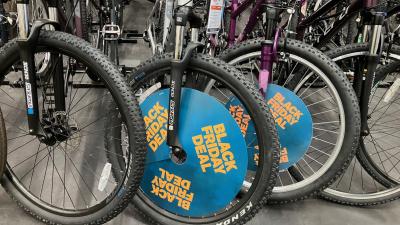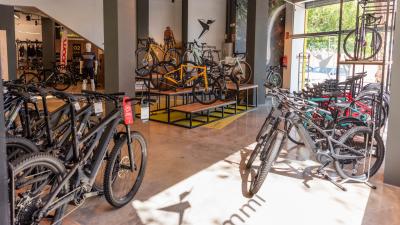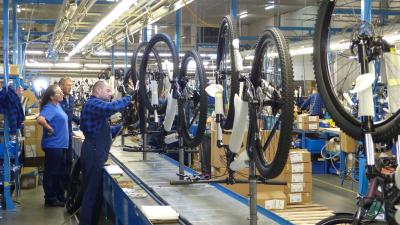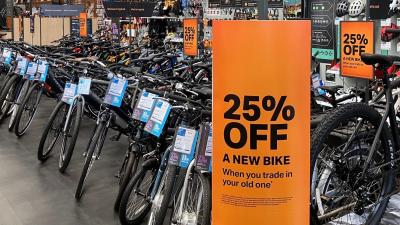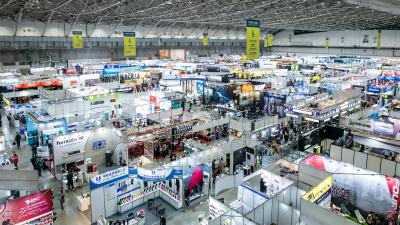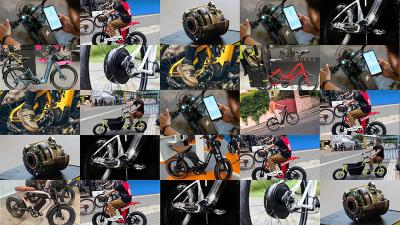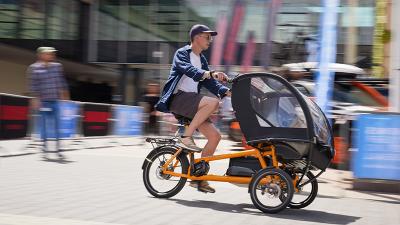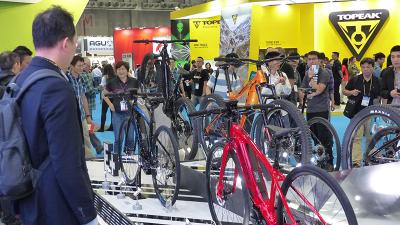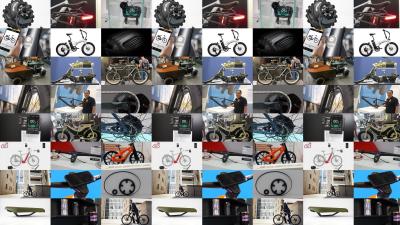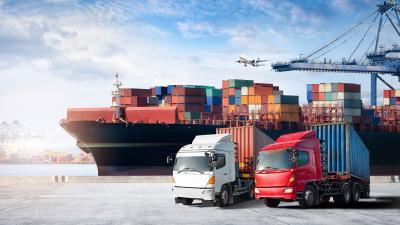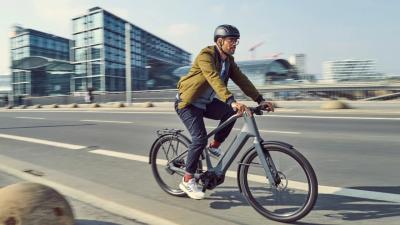All pages

1
Polands growing stronghold in e-bike production
Cover and contents
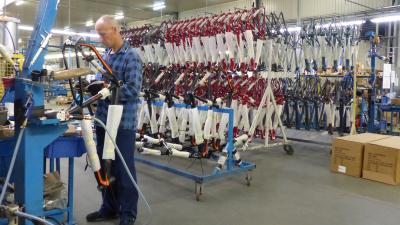
2
A hive of bicycle industry activity
Today, Poland is a European manufacturing hub for bicycles and e-bikes — not a niche player but one of the continent’s top producers.
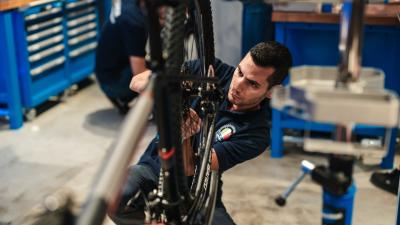
3
Shimano fuels advocacy efforts in Europe
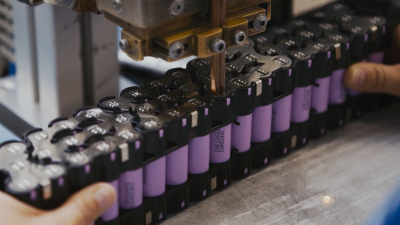
4
Poland at the heart of BMZ’s e-bike battery business
Poland, which has become a very important centre for the BMZ Group's global e-bike business
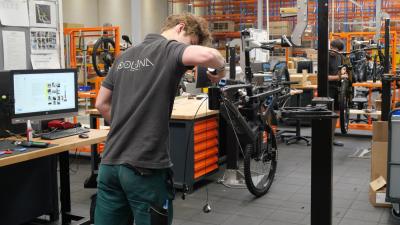
5
Polana Bikes combines passion and industrial precision
Located just outside the Polish city of Katowice, Polana Bikes has quietly set up a state-of-the-art bicycle production facility.
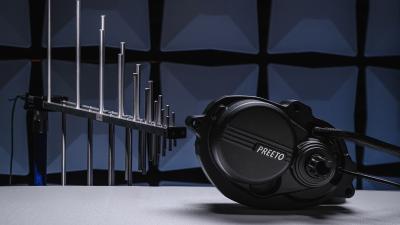
6
Preeto opens the e-bike market for tailor-made drive solutions
The Preeto motor is designed to retain the natural ride feel of a classic bicycle—with just the right electric boost.
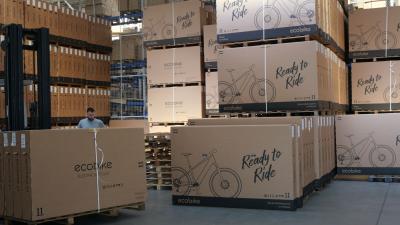
7
Dual Polish hub for Ecobike and Mobility 1
Near Wrocław, Ecobike and Mobility 1 run a two-track operation: a consumer-facing brand and an OEM production partner.
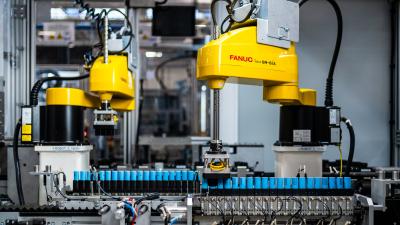
8
Poland's EMBS strengthens e-bike battery capabilities
EMBS assembles several million battery packs a year for a multitude of applications from its location in Poland.
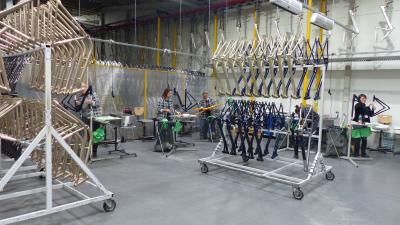
9
Polish frame factory drives Romet’s efficiency
The combination of aluminium frame production, a painting line and assembly in Poland gives Romet a rather unique market position.
All editions
Search
Search, through all Editions
